Communication Options for Your Family During a Disaster
We take so much for granted every single day, and communication is certainly one of them. You just never realize how critical it is until after an emergency takes place. Being without it is a lot like being caught out in the dark and unable to see where you’re going. When you’re not able to reach your loved ones to see whether they’re okay, let alone alive, it can create a lot of fear and anxiety, which could cause you to make wrong decisions. Let’s talk about communication options for your family during a disaster.
Communication Options
Being able to stay in contact and able to communicate with others will take a lot of burden off of your shoulders, especially following a disaster. You’re already dealing with enough as it is. These are several forms of communication that your family should consider now, before an emergency. In case you missed this post, Reverse 911 Emergency Notification System-Please Sign Up Today
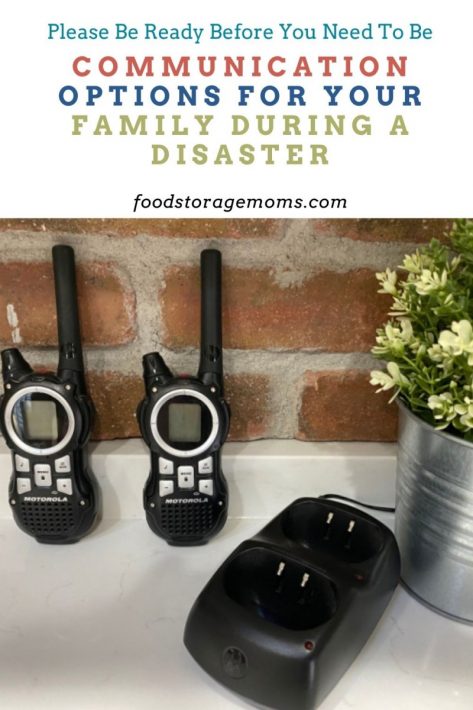
#1. Have a Calling Tree In Place
This one has been around forever, but it works wonderfully still today, before, and following a disaster. A calling tree works when you have an out of state contact that you can all relay information to so everyone will know how everyone else is doing.
This is helpful when you have extended family that live in your area that you’re unable to reach or know their condition. As long as everyone is checking in with the out of state contact, you can know where and how they are doing, while you are managing your emergency.
#2. Social Media Platforms
News travels faster than ever before, especially thanks to today’s social media platforms that keep you connected with friends and loved ones. Facebook and Twitter are amongst the most popular that you can use to keep in touch with people on the other side of the world.
If a disaster were to ever strike your area, be sure to have a social media account so that you can let your family know that you’re okay or how you may need assistance.
Did you ever hear how Twitter was able to alert its users before the earthquake seismic waves even reached them, in both Japan and Virginia back in 2011? Isn’t that incredible? Social media has been used to save lives in many situations.
#3. Cellphones
Cellphones are a great tool to have following an emergency and most people happen to have one these days. Even if you’re having difficulty reaching somebody with a call, you also have the option of texting when you’re experiencing a low signal.
The downside to cell phones is that you can’t guarantee that your carrier or power grid will be up and running when you need it. There will also be more people trying to use them following a disaster and you may have a harder time getting through if the cell systems get overloaded.
When the power has gone out, many people have a hard time keeping their phones charged. This is one of those great communication options for your family during a disaster so be sure to have a backup charging system available in case your phone needs a charge!
#4. 2-Way Radio (Walkie Talkies)
How would you stay in contact with your family if you become separated or have to venture out for some reason following an emergency? Staying in contact with your immediate family members is also something that you should think about. A 2-way radio can keep you connected as long as you’re within a 4 to a 6-mile radius, but if you have flat ground and optimal conditions, they can reach even further than that. I have read the 2-Way radios can connect that far, but personally, I’m lucky if mine will reach the people in our neighborhood.
I could only get three families in my neighborhood to agree to buy these Walkie Talkies and connect with each other. We chose a channel and we can talk to each other if need be. I would check Sam’s Club or Costco for some because the prices on Amazon are way too expensive right now.
#5. Amateur Radio Service (HAM)
The HAM radio has been around as early as the late 1800s, but it’s still going strong today. It works exceptionally well during an emergency, while providing you with higher wattage. With the Amateur radio service, you will be required to get a license that is $14, but you have the convenience of it lasting for 10 years or longer. There’s also an entry fee that’s between $35-$60 along with testing that involves around 9-15 hours of study.
#6. Citizen Band (CB Radio)
Citizen band radio is a form of communication that has been used ever since the end of WWII. They don’t require a license to operate and are still easy to get your hands on today.
They typically can reach up to 4 miles on its AM stations, and 20-30 miles on its SSB, but this depends on the terrain and your area’s conditions. They do have their disadvantages though. Not only is the antenna extremely long, but the noise and interference at times can make it difficult to understand one another.
#7. General Mobile Radio Service (GMRS)
With a general mobile radio service, you’ll have access to 23 channels that use the UHF frequency, with a range of right around 6 to 12 miles. It does require an $85 license that’s good for 5 years. Its licensed users must be at least 18 years of age, but it works for the whole family. Keep in mind that it will cost you between $40-$80 for an entry fee as well.
However, if you use the FRS channels on a limited basis and only a maximum power of 1/2 watt, you won’t be required to have a license. The general mobile radio service does experience interference at times, especially when more people are using it and it’s limited channels.
Communications Options
Final Word
You’ve probably heard the saying, “communication is key?” Well, it turns out, it’s true! An emergency can be scary enough on its own, but the uncertainty of not knowing whether your friends and loved ones are also okay can cause even more stress and anxiety that you certainly don’t need. What communication options for your family during a disaster will you use? It’s time now to consider your options and make some timely decisions before the emergency hits close to home. May God Bless this world, Linda.

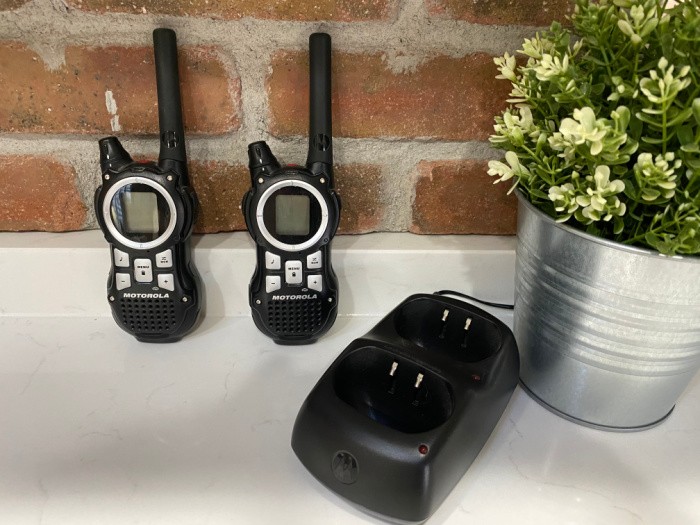


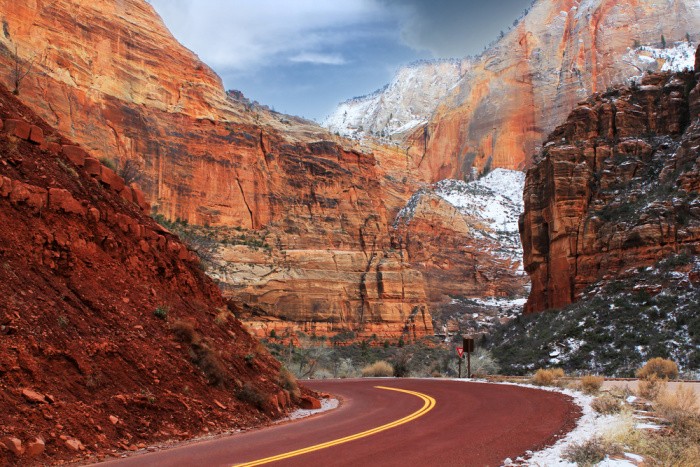
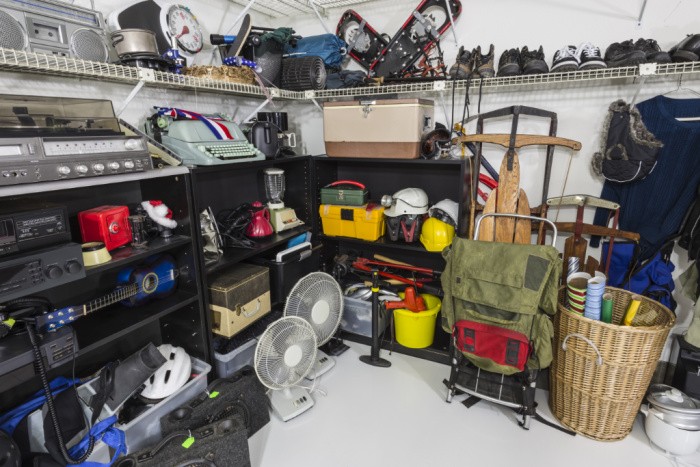
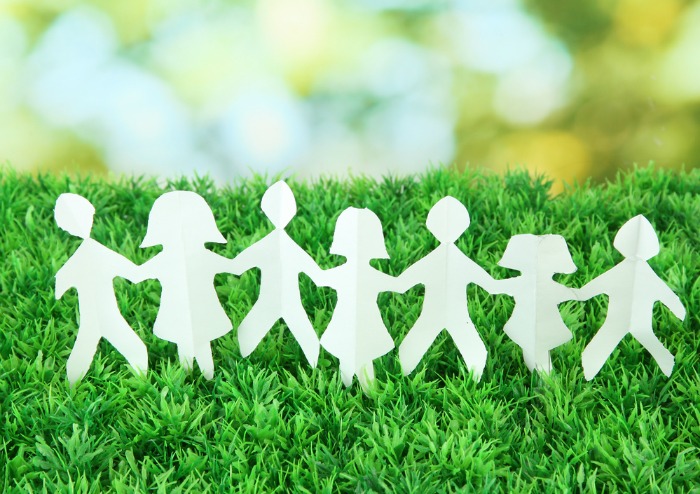
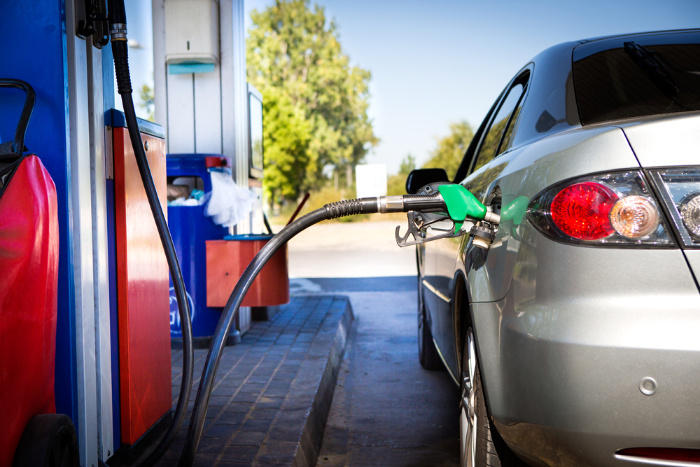














Do you know what are better alternate of communication methods beside cellphone and social media for the deaf people to use? Please don’t say smoke signals.
Hi Ray, that’s a very good question. I working with someone who is putting a class together on how to communicate. I will see what he says. Thanks for reminding me about the hearing impaired, I really appreciate it. Linda
Linda,
The Last I knew , Morse code and a flashing light on the receiver to indicate he dots and dashes by the length of the flashing light. Or another method would be to use a digital mode through a modem specially made for the deaf on Amateur Radio. Yes there would be a need to study for the Technician exam and acquire equipment, but a ham club might be able to outfit a deaf person with equipment for a reduced cost, or maybe free? This has been done before many times over the long years Amateur Radio has existed. We have gained excellent operators this way with women, men, and young people participating in emergency communications worldwide. We are very proud of them! And they gain very good friends through the “hobby” too! EMCON (or emergency communications) is a deeply satisfying experience helping yourself and others.
Hi Fred, great comment to make us all aware that it can be done. Thank you, Linda
Ray there’s a way to use a cell as a ham or combined with a ham. I don’t know the details but try googling it or look at American Partisan articles on it.
We do have cell phones and walkie talkies.
Hi Deborah, that’s all we have right now too. I need to get my Ham radio license. I’ve had the book for ten years! LOL! Linda
Larry has thought about it for years. Just has t done it. I don’t think he’ll ever get around to it.
Prepare for the worse, hope for the best, is my way of thinking. People need to remember, if the grid goes down, there is no internet access or cell service. Plus, very few, if any, cars are going to be working, especially if it’s an EMP attack on the grid. If getting walkie-talkies, I would not go for the inexpensive ones, but that’s me. I’m a huge fan of the Motorola ones as that’s what I’ve use in the past. I would also get some type of solar unit to recharge things. You can’t always count on being able to use electricity.
Hi Pam, you are so right. I have some solar units to charge my Motorola Ones. They have gone up in price! Wow! Linda
In the event of an EMP or massive Carrington Event our electronic forms of communication will be worthless unless we have some stashed away in Faraday cages. My wife and I have two sets of walkie talkies, one of which is kept charged up and stored in a small safe (Faraday Cage). But if repeater stations are down they won’t reach far and even HAMa will have trouble getting the news. Some Sat phones are supposedly hardened against an EMP pulse but they are expensive. Looks like we’ll be back to shouting, smoke signals and perhaps a motorized version of the pony express. :-}
Hi Ray, you are so right. I was just talking to my daughter that lives 6 hours away in good traffic that we may be unable to communicate should a major disaster occur. She is single, my other daughters are married and have a husband to deal with stuff. I told her she needs to make a plan now so I know she is fine. All four of my daughters are self-reliant but without communication, I need to know she has somewhere to go. Life is interesting, stay safe. Linda
One of the things that my daughter and son-in-law have in place is an emergency plan: if there is a major event, we plan to head inland if at all possible. We will text in the event that those text messages go through. I do know that when I visit my sister in Central Washington, there is no cell service at all at her home. I have been able, however, to send text messages to my daughter and they go through just fine – I just cannot receive any messages. In the case of an event where cell service may not work, we know where to head, what to take with us if possible. We don’t live close enough to use walkie talkies and I don’t have the ability (living in an apartment) to utilize HAM.
Hi Leanne, it’s so awesome that you have a plan in place. Things are crazy right now! Stay safe, Linda
Just a note. If you have a land line that will work if cell towers are down. We have both , plus walkie-talkies and are HAMs. Got it covered unless things get really bad, then we are on our own.
The Zello app uses internet signal rather than cell phone signal turning your cell into a walkie.
Hi Matt, thanks for that reminder, I need to work on that, thank you! Linda